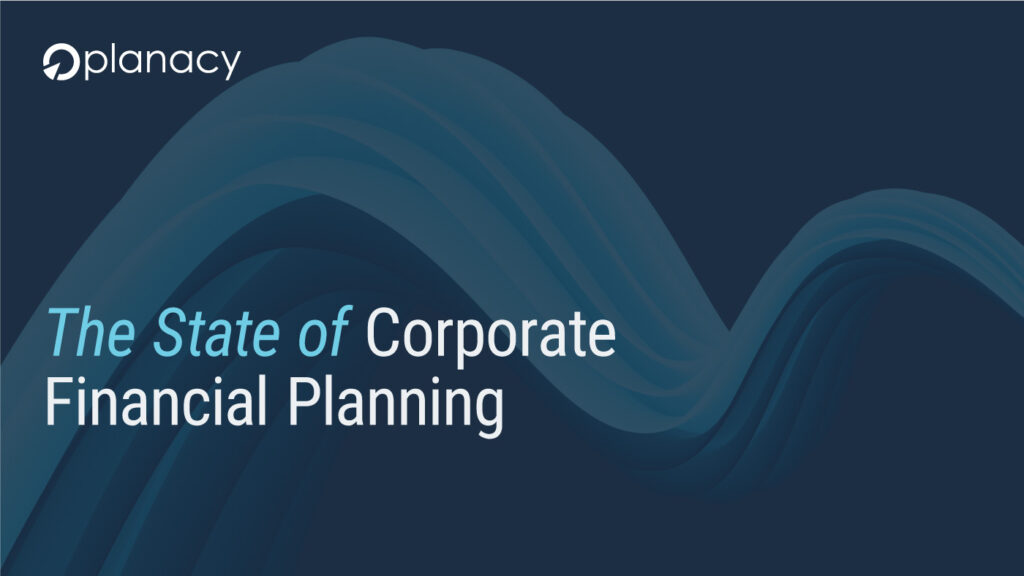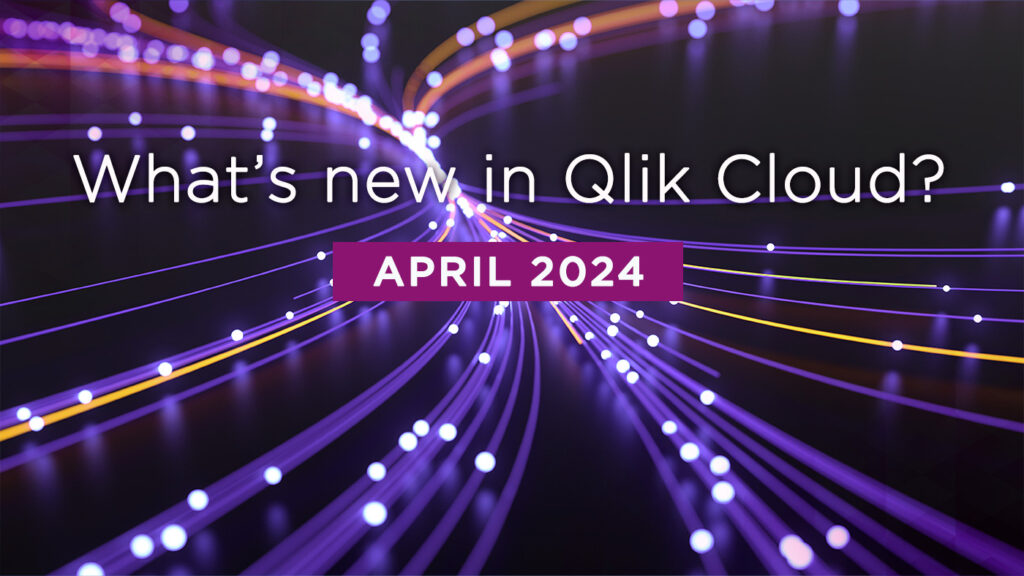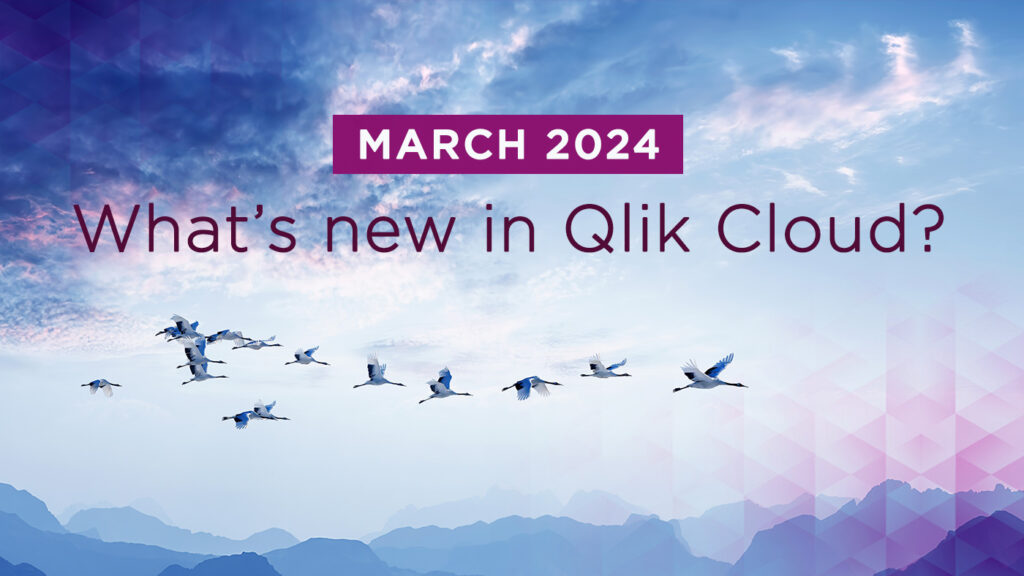
THE NEW ERA OF SELF-SERVICE, TRUST AND DATA DRIVEN ORGANISATIONS
Three years ago, I went to my first Gartner Data and Analytics Summit in London. At that time, the hot topics where a) Big Data and b) the war between the mega vendors and the data discovery challengers such as Qlik. That war has since then been won by the Data Discovery tools and Gartner has its eyes on the next disruption, Smart Data Discovery. Nowadays, Big Data is seen as just another data source – which is correct in my opinion. Yes, it does require special skills, but from an analytical value perspective, it’s combinations of data that give you great insights. In this blog post I will share my reflections and takeaways from the Gartner Data and Analytics Summit 2017.
NEED A CHIEF DATA OFFICER?
Data Driven is the buzzword that I heard the most at Gartner Data and Analytics Summit 2017, along with CDO – Chief Data Officer. How do you become data driven? How do you create a data driven organization? Who owns the data? Gartner was very clear on one point, it’s not about technology. You need a data driven culture. It’s about how you do things at your place. We’ve all heard that culture eats strategy for breakfast. Gartner predicts that 90% of all larger companies will employ a CDO by 2019, but Gartner themselves has no CDO, their CEO is also the CDO and that is probably the best way to ensure a focus on creating a data driven organisation. By the way, how do you create a data driven organisation according to Gartner? Exhibit example behaviour, hire data driven people, increase transparency and finally, ensure data driven reviews. I’m amused by the suggestion to hire data driven people. What do we do with the employees we already have? I’ll put it like Dan Sommer does, “Data Literacy!”. Qlik even has courses on the subject and you can hear his thoughts on Data Literacy in this video. This is a subject that I really care about but sadly it is still not on Gartner’s agenda.
ABUNDANCE VS SCARCITY
This year at the Gartner Data and Analytics Summit 2017 (GartnerDA), the keynote story was the journey from Abundance to Scarcity and how that changes how we live our lives. In Rome, aluminium was an expensive metal, even more expensive than gold, now that we have abundance of it, it is even used in packaging. The same principle goes for many inventions such as the Telephone, Electricity, Computers, Internet and Smartphones, once they are available to everyone it changes our lives. Until now, Data and Analytics have been reserved for the experts, mathematicians and data scientists, but now the tools are easier to use with freemium offerings, making more and more different types of data available. Gartner predicts that “through 2017, the number of Citizen Data Scientists will grow 5 x the rate of Specialized Data Scientists”. But will easier-to-use tools be enough to ensure good analytics? I believe it will take more than that.
TECHNOLOGY PROVIDERS MUST ENABLE SMART DATA DISCOVERY
Talking about available tools on the market – when walking around in the exhibition room, you see great looking analytic solutions everywhere. But how does a potential customer choose the right tool when everyone knows the sales pitch by heart? Qlik talks about the associative engine as their USP, but how do you explain that in 30 seconds? At GartnerDA, I had one-on-ones with both Rita Sallam and Cindi Howson and asked them who will be the Magic Quadrant leaders in 5 years? According to them, it could be IBM Watson and Salesforce or someone completely different. There’s no easy answer and it depends on who will be successful in the next disruption with smart data discovery. I can assure you that all the current leaders will do their best to stay in the leaders’ quadrant. After Qonnections, I’m even more convinced that Qlik is a good choice for the future. You can find my thoughts on the Magic Quadrant in our blog post Smart data discovery – A game changer for the Gartner magic quadrant
A LITTLE CHAOS IS A GOOD THING
The discussion used to be how to go from chaos to governance and at the same time open up for self-service. Now, at Gartner Data and Analytics Summit 2017, the message has changed to being a bit more realistic. In a world of self service, you need to allow chaos to some extent, otherwise you will kill innovation. The amount of data and new data sources is growing at such a rate that governed data will never keep up. The cravings for more and faster analyses will force us to let go of the idealistic “Single version of the truth” and instead embrace “trust”.
COLLABORATION IS THE NEW COMPETENCE CENTRE
In this new era of self service, trust and organisations, where everyone is an analyst, Gartner also killed the BICC – Business Intelligence Competence Centre. From now on it’s more about collaboration on all levels inside and outside the company, so they introduced the ACE – Analytic Community of Excellence.
QLIK IS BACK
My colleague Michael Nordström expresses it well in his blog, The new Qlik – Summary of Qonnections 2017, “Qlik is back! Finally. The energy, the will to be different, the innovations and an (almost) complete lack of respect for the competition. This is the Qlik that I was so excited about when I found the product in 2001!”
The uncertainty that I felt from Gartner on where Qlik, with a new owner, is heading is gone. At Qonnections, Qlik really did impress me with their new ideas, new solutions, sneak peeks on what’s coming in the next 12 months and most of all the open hearted discussion with R&D. Looks like Gartner liked what they saw as well, read Cindi Howson’s blog after the first day of Qonnections.
PEOPLE FIRST WITH HELP OF MACHINES
While other vendors talk about machine learning (ML) and artificial intelligence (AI) as part of their smart data discovery offering, Qlik has introduced their own interpretation. At Qlik the message is People + Data + Ideas, with People First. The machines should not make the decisions, but empower the users with better, enhanced intelligence. Qlik defines AI as Augmented Intelligence. Those of you who have heard about Augmented Reality might associate this with VR helmets etc., and yes it can be that as well (Qlik had that in the lab). But most important of all is the way they centre the product and features around how they can help the users understand the data and see associations and relations even better. Some of the exciting possibilities they demoed live at Qonnections included BOTs, automatic generation of charts based on natural language queries, off line mobile analytics, automated visualisation of insights, and drag and drop data correlation visualisation.
At Qonnections, Qlik showed new improved ways to work with smart data preparation. ‘Bubbles’ has grown up and can now do advanced data preparation operations that previously required scripting. I think that now even us Qlik geeks will start using bubbles.
NEXT YEAR
If you have the chance don’t miss the next The Gartner Data & Analytics Summit in London 2018 nor Qlik Qonnections in April – maybe we’ll meet each other there!
/Olof Malmström
My name is Olof Malmström and I am a business consultant at Climber. Here on the Climber blog, I share my thoughts on a wide range of topics in Business Intelligence, data analysis and Qlik products. You can find me on Twitter @omalmstrom or email me at olof.malmstrom@climber.se.
Har alla rätt tillgång till data i din organisation?
Kontakta oss så tittar vi på hur utbildning och anpassning kan öka och sprida användningen av BI.
Magnus Petersson-Ahrholt
Verksamhetskonsult
magnus.petersson-ahrholt@climber.se
+46 70 830 27 35
Olof Malmström
Verksamhetskonsult
olof.malmstrom@climber.se
+46 73 443 48 50
News

Planacys årliga rapport: TSOCFP 2024
Planacy har släppt 2024 upplagan av ”The State of Corporate Financial Planning”. En kartläggning, analys och trendspaning av svenska företag och verksamheters arbete med finansiell planering.
>> Ladda ner rapporten här!
What’s New in Qlik Cloud – April 2024
This month you will find out about new releases in Qlik Cloud Data Integration for the Data Movement Gateway, new SaaS application connectors, and a new data connection interface. In the analytics world, you will find enhancements to reporting, app styling, and administration.
>> Read more
What’s New in Qlik Cloud – March 2024
Want to stay up to date with the latest enhancements on the Qlik Cloud Platform? Then visit this monthly blog to learn about the top 10 updates within the Data Analytics and Data Integration area and how you can use these new features in your daily work.
>> Read more
